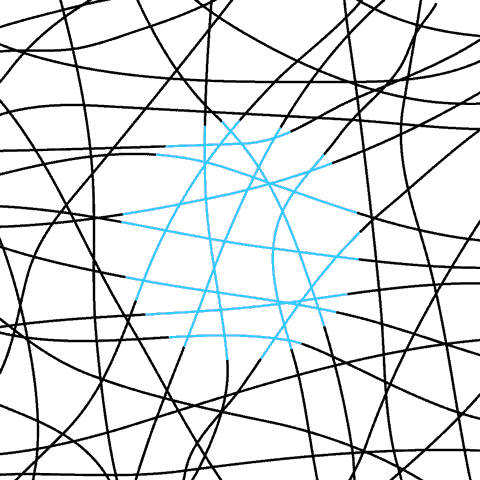With Australia moving to decarbonise, it is time to seriously consider a role for advanced nuclear technologies like small modular reactors (SMRs).
The MCA today released the Small Modular Reactors in the Australian Context report written by one of Australia’s leading nuclear experts, Dr Ben Heard, providing a timely overview of SMRs, their potential role in Australia and likely operating costs.
Even with conservative assumptions that include higher than expected construction costs, SMRs could be Australia’s lowest cost 24/7 zero emission power source that underpins reliable and secure electricity supplies.
Looking at three of the most advanced SMR designs that are currently undergoing regulatory approval – NuScale’s Power Module, GE-Hitachi’s BWRX 300 and Terrestrial Energy’s Integral Molten Salt Reactor, the report has highlighted SMRs’ enhanced safety features and potential use.
The MCA has long advocated that Australia needs to consider zero emission nuclear energy, along with carbon capture use and storage, and renewable energy, as the country moves to decarbonise the economy.
Changes in the economic, trade, security, policy and technology environments in which Australia operates means that all options for low-carbon energy sources must be considered. SMRs offer part of the solution to addressing this necessary requirement.
With one third of the world’s uranium reserves, Australia has a significant uranium mining sector, supplying about 10 per cent of global demand.
That is enough uranium to power almost the entire output of the national electricity market with low cost zero emission power.
Despite this, outdated federal and state bans on nuclear power have seen Australia fall behind as the only G-20 country without access to nuclear energy or plans to develop it.
Australia should take advantage of growing international interest in nuclear energy and look to expand its already significant uranium sector.







